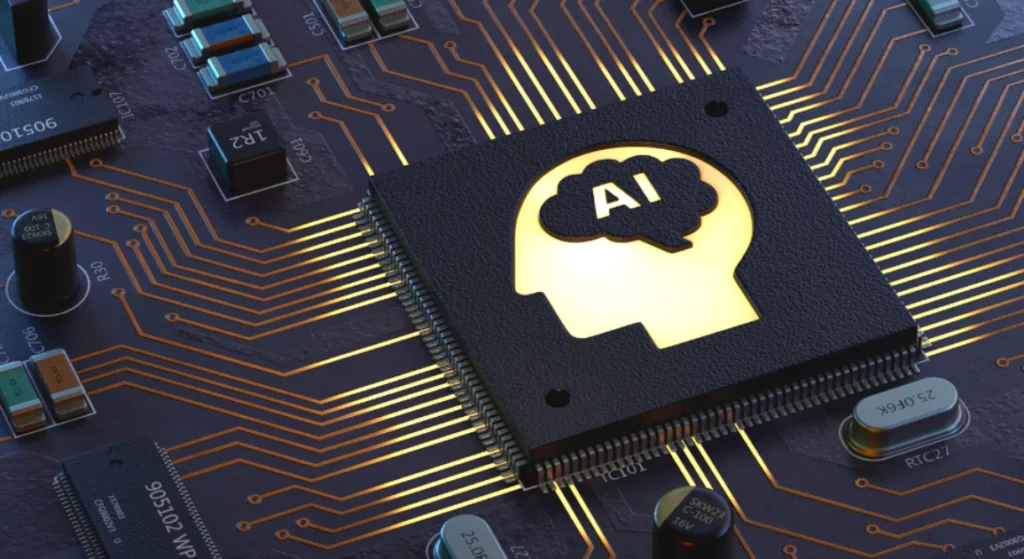DeepMind co-founder and Inflection AI CEO Mustafa Suleyman believes the next five years will be a turning point in the business world as tech will be widely available and very cheap.

Ahead of 2030, the artificial intelligence (AI) pioneer stated during a panel discussion at the World Economic Forum that he believed an AI system would be capable of inventing, manufacturing, marketing, and selling a product — essentially operating its own business.
As stated by Suleyman:
“I’m pretty sure that within the next five years, certainly before the end of the decade, we are going to have not just those capabilities, but those capabilities widely available for very cheap, potentially even in open source.”
Although numerous individuals would label a device with such capabilities an artificial general intelligence (AGI), Suleyman abstained from discussing the matter. The individual characterized the term “AGI” as “pretty unclear.”
In contrast, he reportedly told Business Insider that AI technology researchers should concentrate on practical applications.
In prior analysis, Suleyman defined his “Turing Test,” which serves as a benchmark to assess the degree to which an AI system resembles a human, as the ability of said system to earn $1 million autonomously and lawfully.
In addition, he has elaborated on the critical nature of imposing limitations on artificial intelligence systems before it is too late. Suleyman asserts in his 2023 book The Coming Wave: Technology, Power, and the Greatest Dilemma of the Twenty-first Century that the next “five years or so” are “absolutely critical.”
Additionally, Suleyman has advocated for government intervention in the AI industry in the United States. He met with the U.S. Senate last year alongside OpenAI CEO Sam Altman, Meta CEO Mark Zuckerberg, and executives from Google, Amazon, and other technology companies to discuss potential regulatory initiatives for AI.
Although the committee meetings failed to yield any legally binding consequences, Suleyman and other prominent technology figures did enter into a voluntary commitment to refrain from intentionally developing detrimental AI systems.
